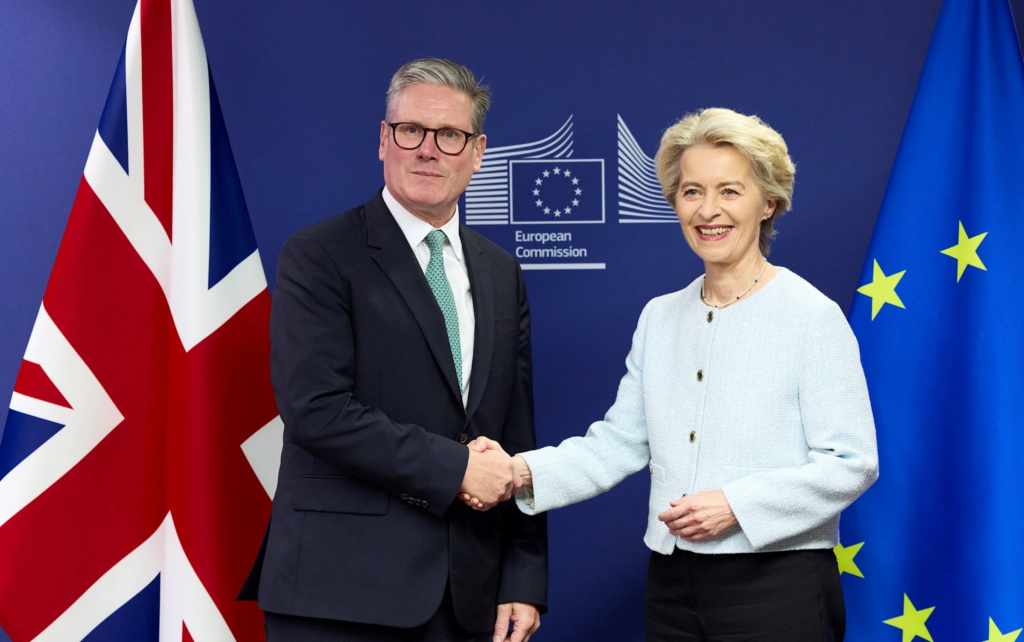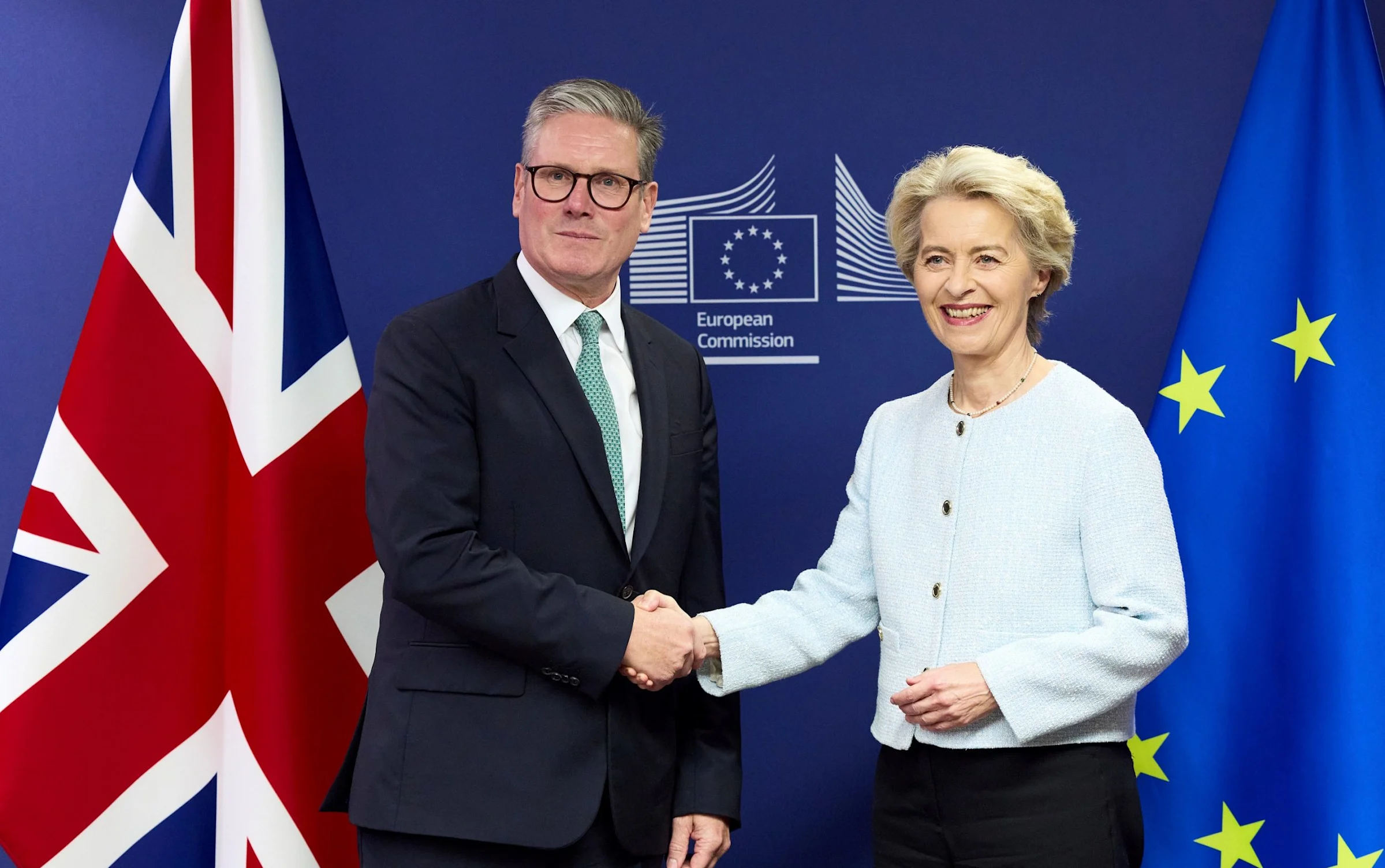The European Union is preparing to introduce sweeping tariffs of up to 50% on imported steel, a move that threatens to devastate Britain’s steel industry and complicate Prime Minister Sir Keir Starmer’s efforts to rebuild relations with Brussels.
The European Commission’s plan, reportedly designed to shield EU manufacturers from a surge of low-cost steel from Asia—particularly China—has alarmed British producers. Although the measures target global oversupply, UK exports risk being collateral damage, with around 80% of British steel currently sold to the EU.
UK Steel, the industry’s trade body, warned that the new tariffs could trigger “the biggest crisis the sector has ever faced,” with officials in London urgently lobbying for exemptions. The group argues that, without relief, the policy could prove “existential” for domestic producers already struggling under high energy costs and previous US trade barriers.

The dispute is a political setback for Sir Keir Starmer, who has made closer cooperation with the EU a key element of his economic strategy. His government has recently offered concessions on fishing rights and youth mobility in pursuit of deeper alignment on trade, defence, and agriculture—moves that critics say risk turning Britain into a “rule-taker” rather than an independent trading power.
The proposed EU tariffs also appear to undermine a recent agreement reached only two months ago to ease quotas on construction steel exports from the UK. Analysts warn that if imposed, the new “safeguarding measures” could inflict greater damage than Donald Trump’s trade tariffs, which previously battered British manufacturers. Currently, around 1.9 million tonnes of UK steel—roughly 78% of total exports—are sent to the EU, compared with just 7% to the US.
Under the EU plan, any steel imports exceeding quotas set at 2013 levels would face duties of up to 50%. While the policy is aimed at preventing market flooding from subsidised Asian producers, British firms fear a double blow: not only would exports to the EU become prohibitively expensive, but diverted cheap steel could also flood the UK market, further squeezing local manufacturers.
In response, Whitehall officials are working to negotiate carve-outs for British exporters, while some in the industry are urging the government to tighten its own import controls to prevent market destabilisation.
Peter Brennan of UK Steel called the proposed tariffs “potentially devastating,” warning:
“If we cannot secure fair quotas and continue exporting at current levels, this becomes an existential problem for the industry.”
Although post-Brexit trade rules in principle allow for tariff-free exports, both sides retained the right to use “safeguard” mechanisms—complex quota systems that limit how much of specific steel products can be imported before punitive tariffs are triggered.
The EU defends the move as necessary to counter Asian dumping, noting that a quarter of EU steel demand is already met by imports. By contrast, the UK relies on imports for around 70% of domestic consumption, making its producers especially vulnerable to market distortions.
With high energy costs, enduring US tariffs, and now a potential EU clampdown, Britain’s steel sector faces mounting pressure despite government promises of renewed industrial growth.
A spokesperson for the Department for Business and Trade said the government was “working closely with EU partners as we await full details of the proposals and their impact on UK businesses.”
Brussels is expected to publish the final terms of the measures later on Tuesday.



